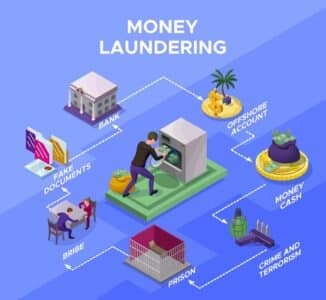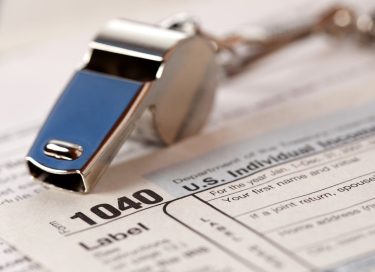The position that a whistleblower holds when they report fraud or some other unlawful conduct can have a significant impact on their eligibility for a whistleblower reward. It is critical to assess this issue early on because it can make the difference between qualifying for an award or being deemed ineligible for an award. For example, a compliance officer who immediately reports a securities law violation to the Securities and Exchange Commission (SEC) may not qualify for an award, but if they report the violation internally and then wait 120 days to report it to the SEC, they could qualify for an award. And in some jurisdictions, the position or job duties of the whistleblower can trigger a heightened notice requirement.
By assessing early on the impact of a whistleblower’s position or job duties on their eligibility for a potential award and for whistleblower protection, counsel can enable the whistleblower to develop an effective strategy to maximize their recovery and enhance their ability to combat retaliation.
Dodd-Frank Act SEC Whistleblower Reward Program

In addition, SEC regulations provide that a whistleblower’s information will not be deemed “independent knowledge” (information that is not derived from publicly available sources) where the whistleblower learned the information in their professional capacity because of the position that they occupy—e.g., an officer, director, trustee, or partner of an entity; an employee with compliance or internal audit responsibilities; and employees or associates of firms that are retained to investigate possible securities law violations, or independent public accountants that are retained to conduct engagements required by the securities laws. 17 C.F.R. § 240.21F-4(b)(4)(iii). However, this limitation on gatekeeper and fraud alert whistleblowing is itself subject to important exceptions. Whistleblowers who fall within these categories can report the information that they learned in performing their job duties and qualify for an award if:
- they reasonably believe the disclosure is necessary to prevent conduct likely to cause “substantial injury” to the financial interest or property of the entity or investors;
- they reasonably believe the entity is engaging in “conduct that will impede an investigation of the misconduct”; or
- at least 120 days have passed either since they disclosed the information internally (e.g., to their supervisor), or since they obtained the information under circumstances indicating that management or governance personnel at the entity were already aware of the information.
17 C.F.R. § 240.21F-4(b)(4)(v). These exceptions incentivize individuals who occupy sensitive roles that can enable them to identify and stop possible violations of the securities laws to fulfill their job duties, while recognizing scenarios “where the benefit of paying an award—in terms of reducing the harm to the entity and investors, and in preserving [the SEC’s] enforcement capacity” warrants rewarding a whistleblower. Implementation of the Whistleblower Provisions of Section 21F of the Securities Exchange Act of 1934, Release No. 34-64545 (May 25, 2011) The Commodity Futures Trading Commission’s whistleblower rules have similar eligibility limitations and exceptions. See 17 C.F.R. §§ 165.2(g)(4) & 165.6.
Anti-Money Laundering Act Whistleblower Reward Program

IRS Whistleblower Reward Program

False Claims Act

Developing an Effective Strategy to Qualify for a Whistleblower Award
The rules governing eligibility for whistleblower awards are complex and there are pitfalls that can preclude a whistleblower from obtaining an award or reduce the amount of an award. Besides avoiding “unreasonable delay,” a whistleblower should be aware of other factors that determine the size of an award. For example, the SEC may reduce the amount of an award if the whistleblower participated in the reported securities-law violation or interfered with the company’s internal compliance and reporting systems. On the other hand, the SEC may increase the amount of an award if the whistleblower reported the violation internally to the company’s compliance program and reported the same violation to the SEC within 120 days of their internal disclosure. An experienced SEC whistleblower attorney can help a whistleblower successfully navigate the SEC whistleblower process and increase the amount of an award.








